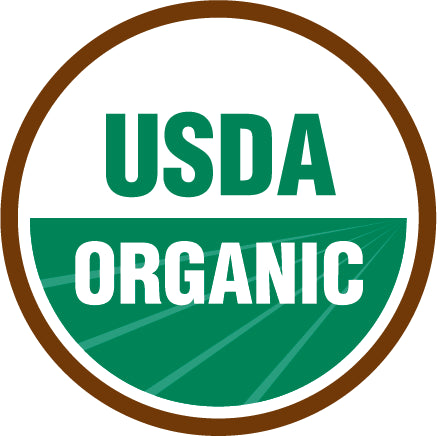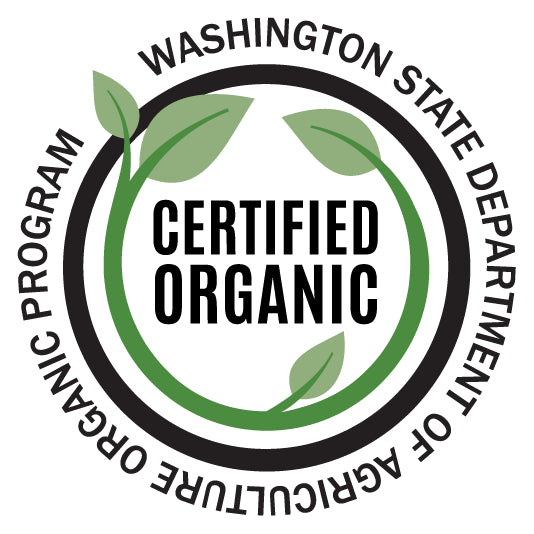A Guide to Buying the Highest Quality Ingredients
I know, I know, what does “Natural” even mean? It’s overused and in most cases it’s really just a meaningless marketing term. When I use the term natural ingredients I’m referring to ingredients that are mostly plant-based, animal-based beeswax is one of a few exceptions along with certain minerals. I’m also referring to ingredients that have been minimally processed without the use of toxic chemical process aids or solvents. For me, natural does not include molecules created in the laboratory, even if these molecules are identical to those found in nature.
A good guide to buying the best natural skincare ingredients is to use the same criteria that you use when you want to buy the best food. Fresh and local, direct from the farmer is where you’ll find the best tasting most nutritious food. The same goes for natural skincare ingredients, the best are fresh, local and direct from the producer.
Take a look at a few ingredient supplier websites or catalogs and you’ll see that they carry ingredients from all over the globe...chamomile from Egypt, hazel nut oil from Germany, apricot kernel oil from South Africa, avocado oil from Kenya. Of the carrier oils offered for sale on a well-established ingredient supplier’s website I found that only 4 out of 35 of their carrier oils were produced in the United States. Granted some ingredients, such as Baobab seed oil or Shea butter aren’t produced in the United States. But c'mon, Apricot kernel oil from Kenya and Hazel nut oil from Germany. We produce plenty of both in the USA. In fact, the majority of the carrier oils that ingredient suppliers sell could be sourced locally, but they’re not. Why is this?
It’s a matter of price, not quality.
This isn’t a rant against globalization or free trade. I like Argan Oil and Shea Butter. But when it comes to buying the best carrier oil, first look as close to home as possible. It’s a good bet that if it’s available locally, it’s better quality. Here’s why.
Freshness: Freshness is a major consideration for the quality of most oils, which have a shelf-life of 12 to 24 months. Consider the avocado oil that is imported from Kenya that I found on the ingredient supplier’s website. Kenyan avocado oil is shipped by boat to the USA , which requires a lot of logistics, paperwork and time. By the time this avocado oil arrives at a port in the USA and gets re-bottled and ready for sale, six to eight months have passed from the time the oil was produced. Not so fresh anymore compared to avocado oil that you could buy directly from a farmer in California.
Traceability: What does anyone really know about the growing, harvesting and production of avocado oil that’s imported from Kenya or apricot kernel oil imported from South Africa, except that its cheap? On the other hand you can check out the California avocado farmer’s website and give them a call if you have questions about the oil they produce.
Toxic Chemicals: China is infamous for exporting agricultural products to the USA that contain unhealthy amounts of heavy metals or are adulterated. Sure, they’re cheap. But it’s a lottery unless you have a good idea about how and where the ingredients were grown and processed. Standards for pesticide use can be lax in many countries. Many pesticides that were long ago outlawed in the USA as public health hazards are still available and commonly in use.
It may be cheaper to buy some imported skincare ingredients but it really doesn’t make sense if a fresher, higher quality product is available locally or nationally.





Leave a comment
This site is protected by hCaptcha and the hCaptcha Privacy Policy and Terms of Service apply.